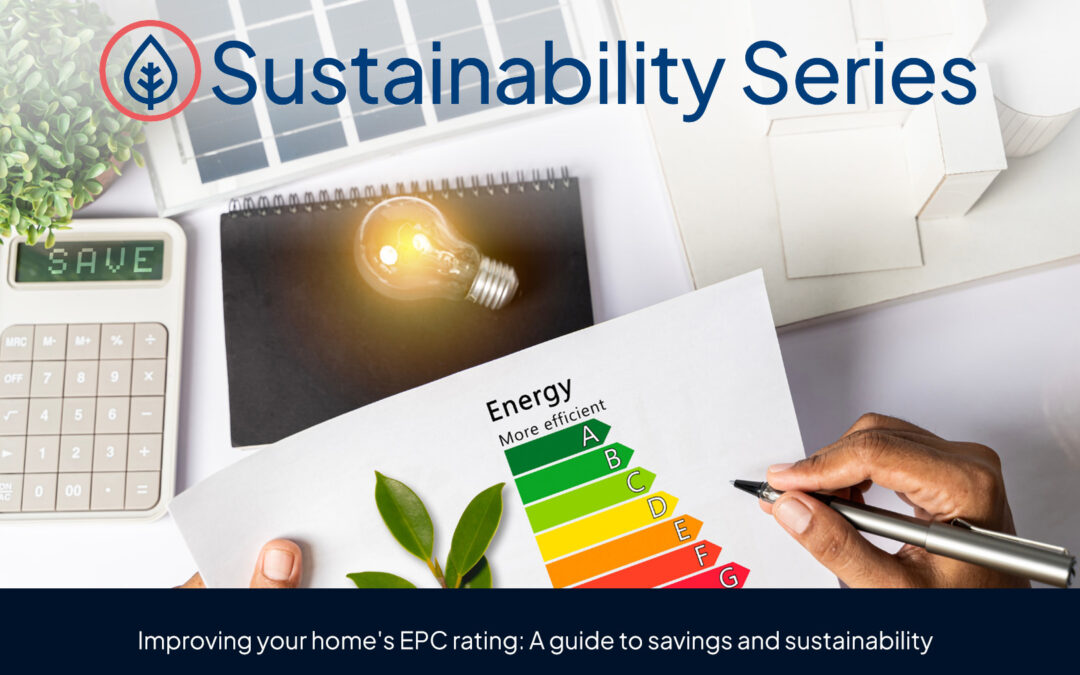There are lots of people and processes involved when it comes to moving home and a myriad of associated terms to get to grips with.
For many first time movers, these terms can be confusing, so we’ve put together a jargon busting guide to decode them which was featured in our first OnTheMove podcast episode.
Vendor
A vendor is another name for a seller or a party selling a property.
Valuation vs market appraisal
A market appraisal is what an estate agent will provide for you when looking at your property that you want to sell. This may sometimes be referred to as a valuation but shouldn’t be confused with a RICS Qualified Valuation or the official valuation of a property provided by the bank.
The official valuation of a property’s value provided from the bank is based on comparable evidence and doesn’t take things into account like whether the property is bright and well decorated or end of terrace for example.
Arrangement fees
When thinking about organising your mortgage, arrangement fees are what the lender will charge to engage you in a mortgage product. These are also sometimes called product fees and they can either be paid upfront or added to the loan, however if they’re added to the loan, you’ll need to pay interest on them.
Mortgage Agreement In Principle (Mortgage AIP)
Have you tuned in to our #OnTheMove podcast yet? In the first episode of our newly launched series, Sally Mitchell, Business Manager & Senior Mortgage Broker at The Mortgage Mum, decodes some of the most common jargon associated with the process.
:link:https://t.co/XXjWhCgZLT pic.twitter.com/QHNOYS3ZXu
— OnTheMarket (@OnTheMarketCom) August 29, 2023
A mortgage Agreement In Principle (AIP) is provided by mortgage lenders to give you an idea of what they’d be prepared to lend you. A mortgage AIP therefore gives you an overview of the amount of mortgage you’d be able to borrow and is based on checks conducted by the lender and basic information such as your credit score and your earnings.
Stamp Duty (Stamp Duty Land Tax)
Stamp Duty is tax payable in the UK on the purchase of property or land. When buying a property, you get a certain proportion of your purchase price Stamp Duty free and if you’re a first time buyer, this is a larger portion up to £425,000 at the moment. Stamp Duty is payable within 30 days of completion and your conveyancer is responsible for paying it to the Land Registry.
Land Registry fees
Fees that are due once you go through to completion to register the property as new ownership in your name.
Energy Performance Certificate (EPC)
An Energy Performance Certificate, commonly known as an EPC, shows the energy efficiency of a property. EPC ratings range from A (the best rating) to G (the worst rating) and every property that’s rented, sold or bought must have an EPC rating in the UK.
Freehold vs leasehold
When looking at the tenure of a property, freehold means you own the property and the land that it sits upon, whereas with a leasehold, you own the property but not the land for a set amount of time and flats tend to be leasehold.
Sold Subject to Contract (SSTC)
When a property is Sold Subject to Contract or listed as SSTC, this means an offer on the property has been accepted but the parties are still in the process of negotiation. During the SSTC period, the sale is not yet legally binding as the conveyancing and legal process has not yet been completed so there’s a chance the sale may still fall through during this time and other offers can still be made on the property.
A full guide to what SSTC means for buyers and sellers can be found here.
Structural Survey vs Home Buyer Survey
A Structural Survey is the most thorough survey conducted for a property and covers all possible details of the structural elements of the building, and therefore looks at everything from the external parts of the building to the internal parts of the building and the roof.
A Home Buyer Survey isn’t as in depth and won’t cover the structure of the building.
Structural Surveys are usually conducted when purchasing a freehold and a Home Buyer Survey is usually conducted when buying a flat.
Conveyancing
The conveyancing process begins when a buyer and seller agree in principle a certain price for the sale of a property and both parties have instructed a solicitor to carry out the process. During the conveyancing process, the seller and their solicitor will be responsible for providing draft contract papers, Title Deeds, protocol forms, sellers questionnaires, what’s staying in the property as well as further details. The buyer’s solicitor will be responsible for raising inquiries to make sure what the buyer is purchasing is what they think they’re buying, and there aren’t any hidden things within that.
The conveyancing process will go back and forth from one solicitor to the other to ensure both parties are happy before proceeding to an exchange of contracts.
For tips on choosing the most cost-effective conveyancer for you, click here.
Gazumping
Gazumping is when a purchase price has been agreed but another party offers a higher price to try and secure the property for themselves by gazumping the originally agreed offer.
Estate agents often get the blame when gazumping occurs however agents are bound by the Estate Agency Act which states they must legally put any offer forward to their client up until the point of completion which means there isn’t anything they can do to stop somebody making an offer.
Completion statement
This is the statement issued by the conveyancer that details the input and output of all the financial details of a property purchase or sale and is normally given out between exchange of contracts and completion.
Exchange of contracts
Exchange of contracts occurs when the conveyancing process has come to a conclusion and the deal moves from Sold Subject to Contract to being legally binding. On exchange of contracts, a completion date is set and at that point the deal becomes legally binding and neither party can back out without a consequence.
For a complete Moving 101 and to hear more about these terms and the home buying process, you can listen to the full first episode of OnTheMove here.
Content provided by OnTheMarket.com is for information purposes only. Independent and professional advice should be taken before buying, selling, letting or renting property, or buying financial products.






